What is a plastic machine?
What is a plastic machine?
If you've ever wondered about the mechanics behind plastic manufacturing, you may have come across the term "plastic machine." But what exactly is a plastic machine, and how does it work? In this article, we will explore the intricacies of plastic machines and delve into their various applications. So, let's unravel the world of plastic machines and discover their significance in the manufacturing industry.
1. Understanding the concept of a plastic machine.
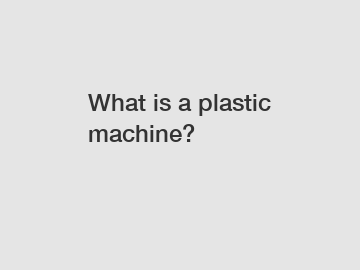
A plastic machine refers to a device or a set of devices used in the manufacturing process of plastic products. These machines are designed to mold, shape, and form plastic materials into specific shapes and sizes. They are widely used across various industries, including packaging, automotive, construction, and electronics, to name a few.
2. The different types of plastic machines.
There are several types of plastic machines available, each serving a specific purpose. Injection molding machines, for instance, are commonly used to produce large quantities of plastic products. Extrusion machines, on the other hand, are used to create continuous lengths of plastic profiles, such as pipes or tubes.
Furthermore, blow molding machines are utilized to shape hollow plastic products, like bottles or containers. Thermoforming machines are employed to transform thin plastic sheets into intricate forms, often used in packaging. Rotational molding machines rotate molds filled with plastic material, ensuring even distribution and producing seamless products. These are just a few examples, highlighting the diversity of plastic machines and their capabilities.
3. The working principle of plastic machines.
The fundamental working principle of a plastic machine involves heating the plastic material until it becomes molten and then injecting or shaping it into a desired form. Many plastic machines use screws or plungers to feed the plastic material into a heated barrel, where it is softened. Once the plastic material reaches its melting point, it is forced into a mold or die through high pressure or extrusion.
Additional resources:Prolonging Pump Life: When and How to Replace Slurry Pump Parts
Pipe Rotators That Will Make Your Life Easier
Harnessing the Power of Cleanliness: The 55W UV Sterilizer
Unleashing the Underground: A Comprehensive Guide to DTH Hammers
Unlocking the Secrets of Radiation Measurement Instruments: How Do They Work?
How Vertical Pressure Steam Sterilizers Keep Healthcare Safe
Why Your Warehouse Needs a Rotary Arm Pallet Wrapping Machine
4. Key considerations in plastic machine selection.
When choosing a plastic machine, several factors must be considered. The type of plastic material to be used, product design requirements, desired production rate, and budget all play critical roles in determining the appropriate machine for the job. Different machines excel in different areas, so thoroughly researching and consulting experts is necessary to make an informed decision.
5. Significance of plastic machines in the manufacturing industry.
Plastic machines have revolutionized the manufacturing industry, enabling rapid production of high-quality plastic products. Their ability to produce complex geometries with precision and consistency is unmatched. Additionally, plastic machines offer flexibility, allowing manufacturers to quickly change production specifications and adapt to market demands. This versatility has made plastic machines indispensable in various sectors, leading to increased efficiency and cost-effectiveness.
6. The evolution of plastic machines.
Over the years, plastic machines have undergone significant advancements. Technological innovations have resulted in more efficient heating, cooling, and automation processes within these machines. Improved controls and sensors have enhanced their precision and reliability. Moreover, efforts have been made to enhance sustainability by reducing energy consumption and waste in plastic machine operations.
7. The future of plastic machines.
As technology continues to advance, plastic machines are set to become even more sophisticated and efficient. Industry experts predict the integration of artificial intelligence and machine learning into plastic machine processes, resulting in smarter and self-adjusting systems. This will further streamline production processes, reduce downtime, and optimize resource consumption, making plastic machines truly future-ready.
In conclusion, a plastic machine is a vital tool in the manufacturing industry, playing a crucial role in creating a wide range of plastic products. Understanding the various types and working principles of plastic machines is essential in making informed decisions for efficient production. With continuous advancements, plastic machines are on the path of greater efficiency, sustainability, and versatility, ensuring their significance remains steadfast in the ever-evolving manufacturing landscape.
If you want to learn more, please visit our website plastic crusher, what is plastic crusher machine, dewatering machine exporter.
Additional resources:Demystifying the Cone Crusher Machine: Your Guide to Understanding its Function and Benefits
What are the Benefits of Electrical Actuators?
The Ultimate Guide to Choosing Mini Trucks
What is the meaning of ISO tank container?
Which six prop drone offers the best performance and reliability at the purchase stage?
Universal Joint: Definition, Working Principle, Applications, Advantages, Disadvantages
Revolutionizing Metal Hardening with Ultra-High Frequency Induction Heating Machines
212
0
0
Related Articles
-
279
0
0
-
Unlock Efficiency with AGV Robot For Sale: Revolutionizing Operations
Unlock Efficiency with AGV Robot For Sale: Revolutionizing Operations.
309
0
0
-
262
0
0
-
271
0
0
-
237
0
0
-
246
0
0
-
260
0
0
-
235
0
0

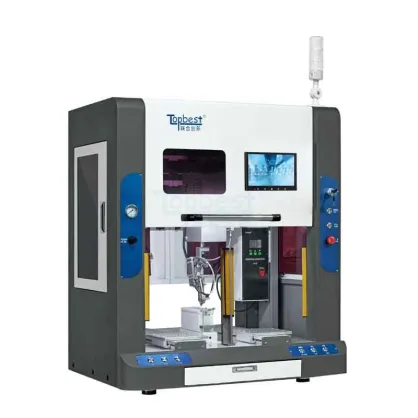

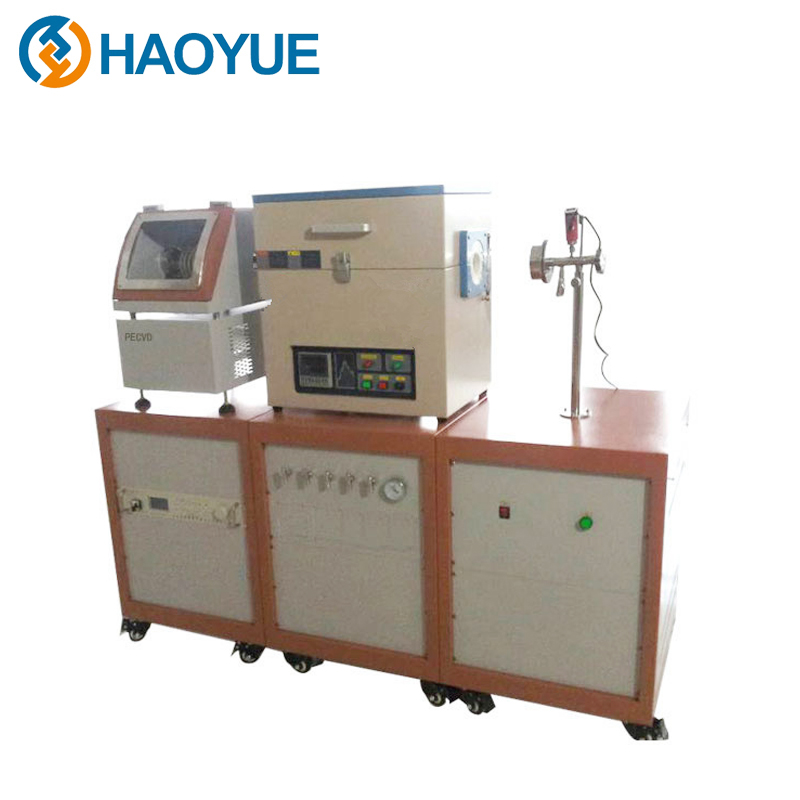
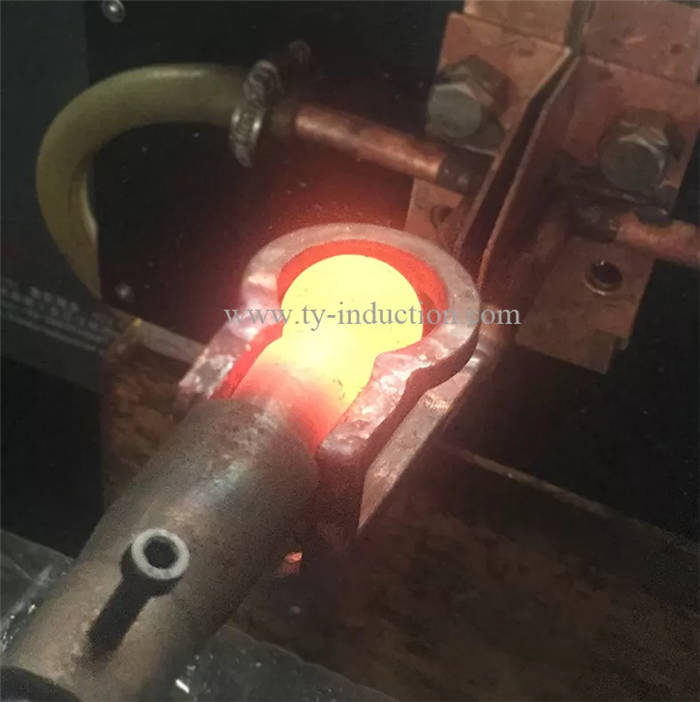
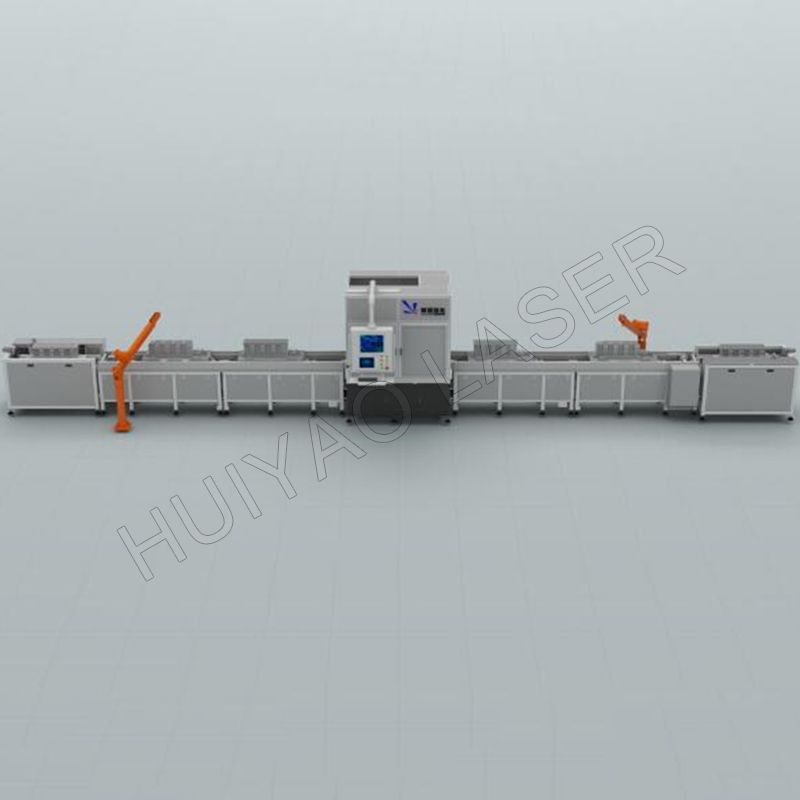
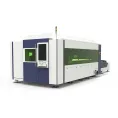

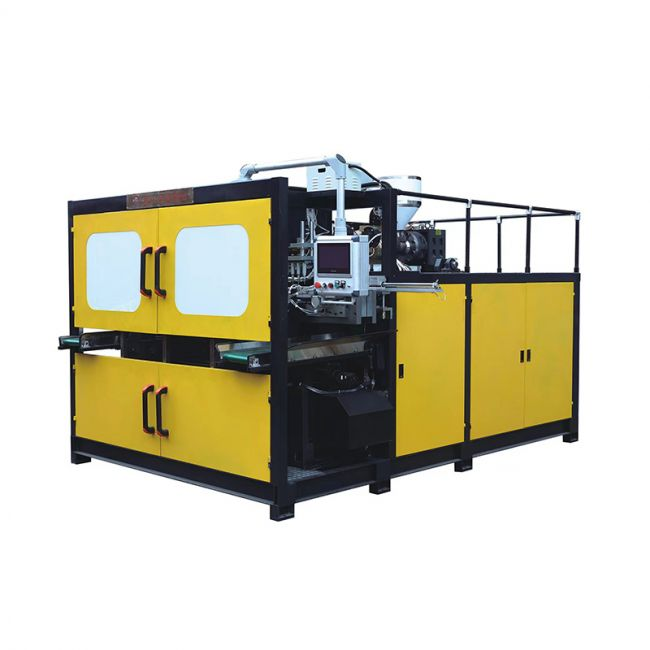
Comments
All Comments (0)